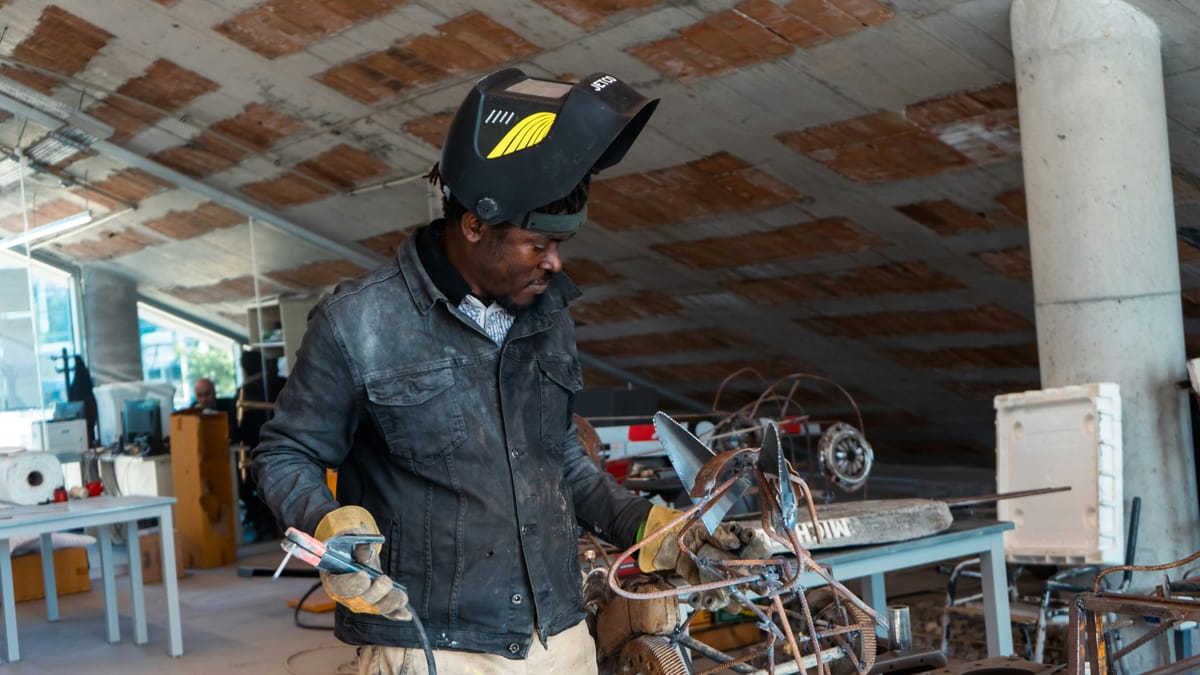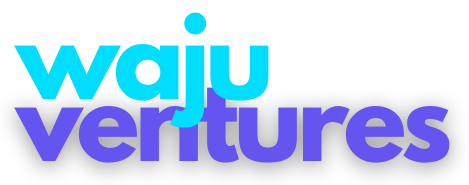Unlocking Africa’s Hidden Talent

Step into any mechanic’s workshop in Nairobi, or watch apprentices in a Kano carpentry yard, and you’ll see raw ability on display. A 20-year-old who can rewire a motorbike with improvised tools. A tailor who drafts patterns by hand that rival any fashion school. A young graduate tutoring math in the evenings to pay for professional exams.
The talent is there. The problem is what comes after.
Africa has one of the world’s youngest workforces. By 2030, it will host one in three of the world’s under-25s. Yet, youth unemployment and underemployment remain stubbornly high: official rates hover around 12%, but underemployment in some countries reaches 40–60%. The gap isn’t just about learning. It’s about translation: how do you turn raw ability into recognized skill, and recognized skill into real income?
Right now, we waste talent the way we waste harvests. Skills are acquired informally, through YouTube, workshops, and daily hustles, but they aren’t documented, benchmarked, or visible to employers and clients. The result: millions of capable young Africans remain invisible to opportunity.
People should be building
- AI Skill Verification Engines: Bots that can watch a short video of a tailor at work or test a mechanic’s diagnosis over voice, then issue micro-credentials that employers actually trust. Think of it as a portable skills passport, not a certificate mill.
- Contextual AI Coaches: Instead of generic training apps, build WhatsApp or voice-first assistants that coach on the job: “Here’s how to pitch that customer,” or “Here’s a better way to log this transaction.” Feedback delivered in Hausa, Swahili, or Pidgin — not in Silicon Valley jargon.
- Talent-to-Opportunity Marketplaces: An AI that matches verified skills to demand: a youth who demonstrates social media savvy gets connected to small shops needing promotion, or a solar installer finds gigs in nearby towns. Recognition meets distribution.
- AI-Powered Performance Feedback: Most SMEs can’t run HR departments. AI can listen to calls, scan receipts, or track sales data, then provide simple, supportive feedback: “You sold 30% more airtime on Monday afternoons, try focusing your effort there.”
What success could look like
- A self-taught designer in Accra gets AI-certified and lands steady gigs creating logos for SMEs.
- A group of carpentry apprentices in Lusaka build digital portfolios with AI-verified videos of their work, helping them secure contracts on construction sites.
- A small retailer in Lagos uses an AI assistant to train new staff on customer service, reducing onboarding costs and boosting sales by 20%.
- A local cooperative in Kano uses an AI dashboard to prove that its members include 200 certified welders, unlocking access to bigger infrastructure contracts.
Why it matters
Africa doesn’t lack talent; it lacks recognition and connection. Just as raw cassava rotting by the roadside is wasted potential, so too is the young welder who never gets a chance to prove his skill.
AI here isn’t about writing essays or generating art. It’s about turning invisible skills into visible currency, skills that can be measured, trusted, and monetized.
The next decade will not be decided by how many degrees Africans hold, but by how many young people can translate their hustle into a livelihood.
So build the AI that coaches, certifies, and connects. Stop talent from spoiling. Turn potential into prosperity.
